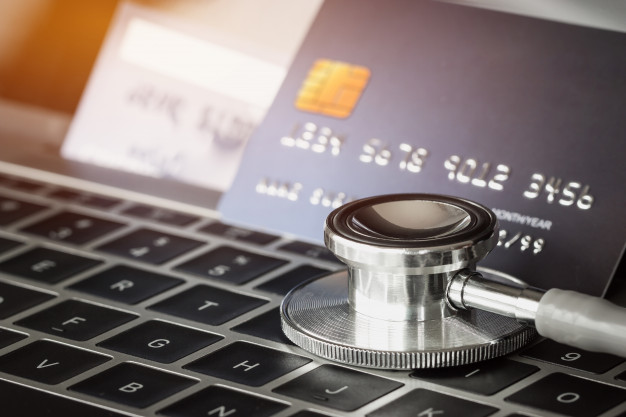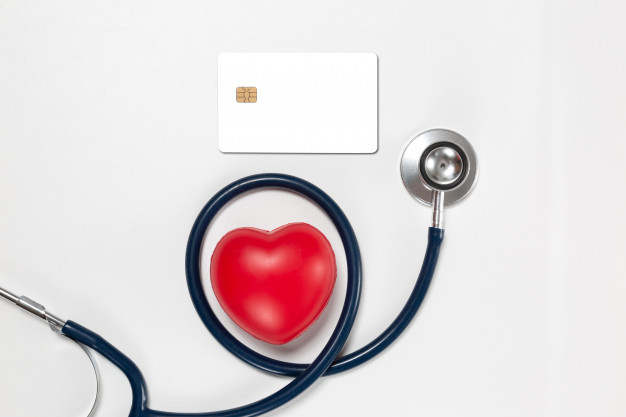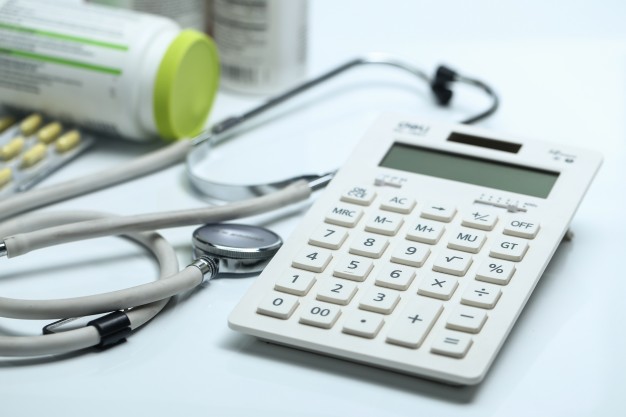Medical debt has been one of the most severe issues for many people worldwide. It could cripple your finances and ruin your bright plan for the future. It could be one reason you couldn’t move forward, making your life goals take a back seat. In fact, medical financial hardship is a common predicament for families and individuals. However, you can deal with medical debts and collections before it worsens and pushes you to bankruptcy.
Before anything else, a patient needs to know precisely what it means when their debt is already under collections and how to deal with the situation.
As stressful as it may seem for patients, this goes the same way for medical providers and medical collection agencies, such as https://www.nsbi.net.
Here are some things you need to know about medical collections.
1. Medical Collections Are Treated Differently Than Other Bills

This fact is somewhat verging towards good news for you. It’s said that medical bills are treated differently than other kinds of bills forwarded to collections.
Here are some of the differences:
- Medical Debts Are Light Compared To Other Debts: Your credit scores aren’t strongly impacted by medical debts compared to other kinds of debts, according to the newly revised scoring models by FICO 9 and Vantage Score 4.0. However, it’s essential to keep in mind that not all creditors and loan companies utilize this new scoring system. This means that you still can get a bad credit score in the future.
- Medical Debts Allow You To Have A Grace Period: You’ll be given precisely 180 days to settle your medical bills before it’s listed on your credit report. This is because credit bureaus made it possible to provide you with enough grace to figure out your best payment options before your medical debt affects your credit records.
- Medical Debts Are Taken Off From Records Once Paid: Several debt collections remain on your credit report for seven years or so. Medical debt, on the other hand, is removed once you or your insurance company have already fully paid them. However, your unpaid medical collections will remain on your credit records consecutively until seven years, starting from the date you failed to deliver.
2. Medical Debt May Affect Your Credit Score

Credit bureaus consider different resources when calculating credit scores, including your credit card utilization, payment capability and history, and your credit history and tenure.
Your ability to pay is one of the most vital components that are considered by credit scorers. This means that although it doesn’t equivalently impact the same as other kinds of debt collections, your medical collection account would still leave a negative impact on your credit scores, especially if you take it for granted.
The only consolation of being in a medical collection is that it won’t cause extreme damage to your credit score than other forms of debts. In fact, if your medical bills are less than USD$100, some credit-scoring models disregard such obligations and it won’t affect your credit score in any way.
3. How To Remove Medical Bills From Your Credit Report

Now that you know how crucial medical collections are in terms of your credit records. The next question would be: How do you make sure that your credit report will have a better image and history?
Prior to answering these questions, you must be aware that paying off the creditors doesn’t mean your medical collections will be removed from your credit history, especially if they’re already tracked down and reported on your credit records.
Here are some ways for you to remove these medical bills from your credit report:
4. Verify With Your Health Insurance Coverage

Perhaps one of the smartest decisions you ever made was to get appropriate insurance coverage from your health insurance company. This is another time in which you’d think just how vital it is to seek insurance coverage.
The truth of the matter is that there’s a difference in how your medical debt will be paid, which results in removing it from your credit history records. If you personally pay the debt collection agency, the medical debt will continuously reflect on your report for seven years. On the contrary, if your insurance company deals with the payment themselves, there are possibilities for credit bureaus to remove such records from your credit report.
So, the best way is to communicate with your insurance provider and verify if you still have claims or some unpaid medical bills that might have slipped through the cracks.
5. Recalculate And Make A Dispute On Your Medical Bill

You can review and reassess your medical bill to check if all the details were accurate. Perhaps some underlying surprise bills were charged. If you could see some errors placed on your credit report by mistake, you should dispute it.
6. Advice On Dealing With Medical Collections

Right before your credit account gets into medical collections, engage with your insurance provider as early as possible. However, if it’s already too late, apply these tips when you’re facing medical collections:
- Verify With The Collection Agency
A collection agent is responsible for submitting a written explanation of your bill once you request it. They should be able to do so within five days. Ensure your bill is legitimate by verifying the details, most importantly if it comes with the most updated insurance payments.
- Dispute If You Find Errors
Making a dispute about your medical debt won’t only give you a chance to clear out your credit record but also ensure that your medical provider committed an error in their calculations. Hence, make sure to contact and deal with your medical provider and insurance provider regarding this issue.
- Negotiate With The Collection Agency
Just like being given a 180 day grace period, you may also be given some helpful conditions by the collection agency assigned to your account. Repayment plans, options, or reduced payout are all possible if you negotiate effectively.
- Be Careful With Resolving Your Medical Payments
Even if your creditors and the collection agency are demanding you to make quick payments for your debt, take sufficient time to review everything as there may be alterations or incurrence of high-interests. You need to make sure that you’re paying just the right amount you owe.
Conclusion
Now that you have enough information about medical collections, you now know how to proceed with your medical debt.
Assess the situation first and evaluate how much financial burden your debts are causing you. You should work and deal with the collection agency and your insurance provider before executing any significant decisions. In the event when your medical collector doesn’t agree with any repayment plans or compromise with you, you may also consider setting up a personal loan. This will help spread your considerable expense over time.
 Imagup General Magazine 2024
Imagup General Magazine 2024



